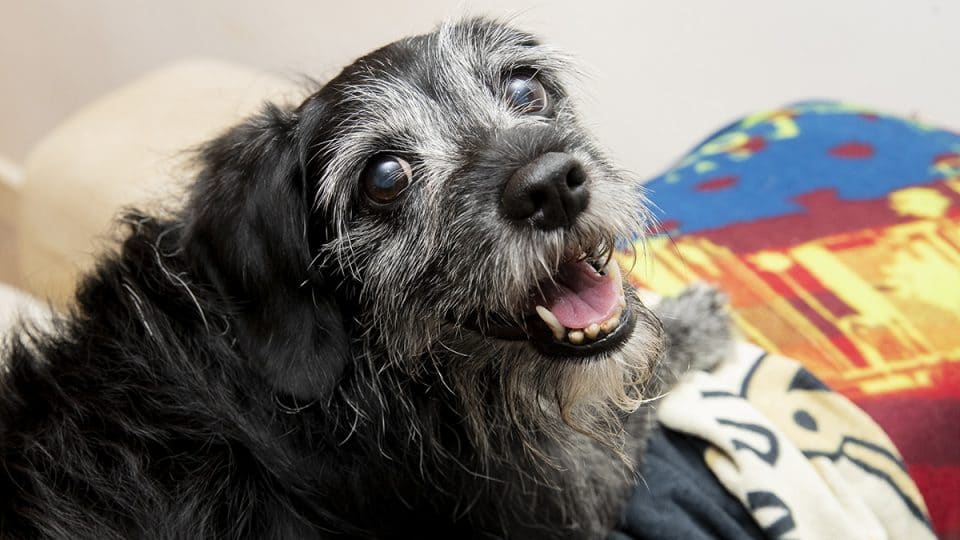One of the most difficult things is to see our pets grow old. It can mean an end to outdoor adventures, less play time, and increasing visits to the vets. The one true downside to owning a pet is having to live with the knowledge that their lives are far shorter than ours.

When your pet is entering their twilight years, the most important thing you can do is to ensure they are as happy and comfortable as possible. An aging pet can come with additional needs that you’ll need to be aware of. We’ve put together a guide with some top tips on caring for an aging pet. Keep reading to check it out.
Insurance
Vet visits come with the territory when you’re looking after an older pet. Unfortunately, these vet bills don’t come cheap. You can see eye-watering prices for treatments, medicines, and operations. The best way to avoid incurring these high costs is by getting pet insurance for your furry friend. Petsure offers a range of comprehensive pet insurance plans for dogs and cats with no upper age limit, making it a perfect choice for your elderly companion.
Adapt Your Home
Much like their human owners, pets get much less active and mobile as they get older. This means that you will need to adapt and make changes within your home to suit your pets’ individual needs.
For many older animals, stairs become difficult or even impossible to navigate. If this is the case, ensure all your pets needs are easily accessed on the ground floor, including food, water, and any toilet facilities.
Similarly, a pet that enjoys spending time with you on the couch may find it difficult to jump up as they age, while jumping off can be dangerous for an older animal’s weakened joints and bones. Provide some steps or a gradual ramp for your pet, this will allow them to safely get on and off the couch and let them continue cuddling with you as they get older.
Pets can get stiff and less flexible as they age, which means bending down to eat out of food bowls can be uncomfortable or over-exert the neck. Raise the bowls off the floor with a stand or frame to allow your pet to continue eating comfortably.
Dietary Changes
As our pets get older, their ability to digest and process certain foods will change. Pay attention to their eating and drinking habits and relay and information to the vet. Often you will have to adjust your pet’s diet to ensure they are getting all the nutrients they need as they age.
Any change to diet or feeding routine should be done gradually so as to not cause your pet undue stress or alarm.
Be Vigilant
Aging can often come with a number of health issues in pets. You must strive to remain vigilant and keep an eye out for anything that could indicate an underlying health issue. Watch for changes in behaviour, eating preferences, and toilet habits, noting down anything unusual and discussing them on your next visit to the vets. Identifying problems early can allow you and your vet the chance to put a plan in place and decide on the best course of action.
Conclusion
Our pets act as loyal and loving companions who stick by us through the good times and the bad. It can therefore be extremely difficult to watch them grow old, as this only works to remind us that the time to say goodbye may be approaching.
